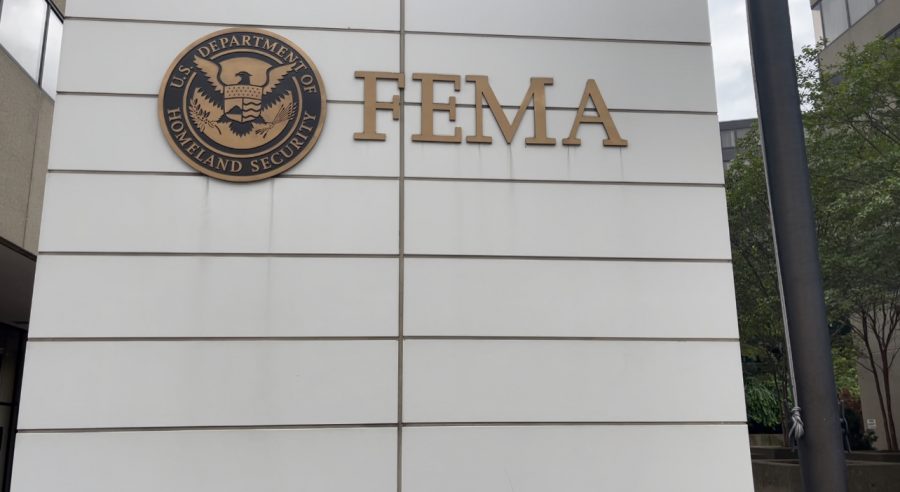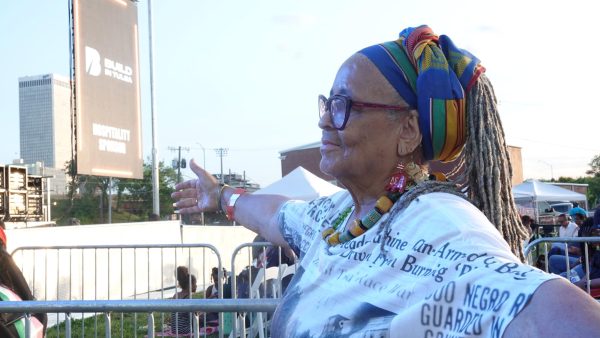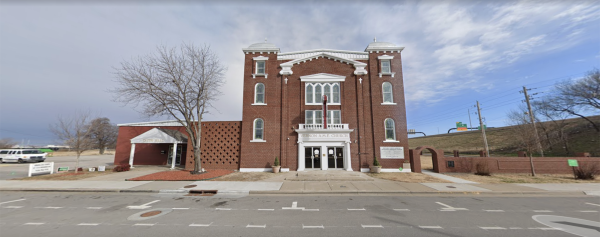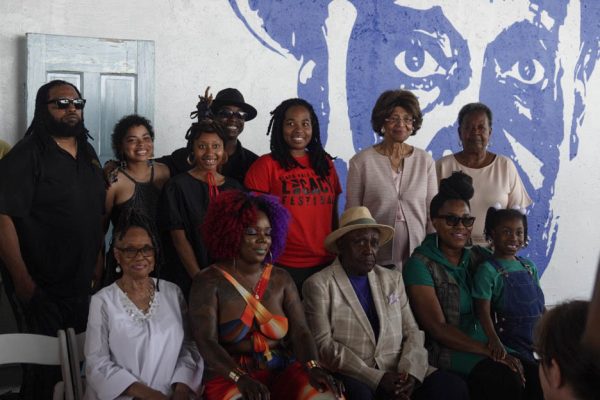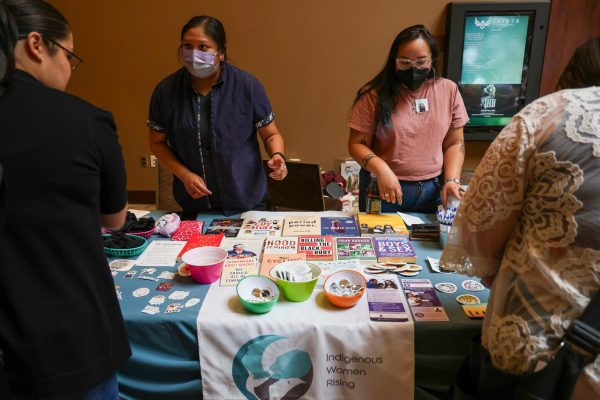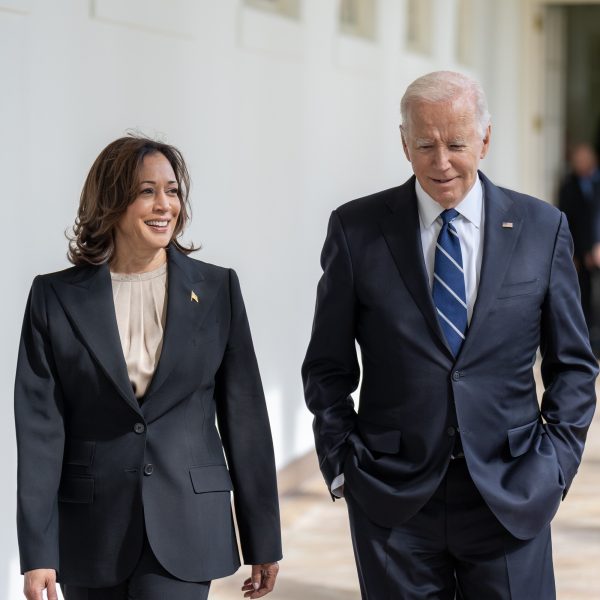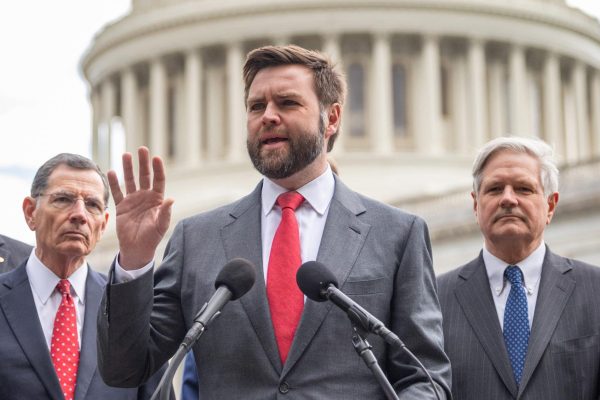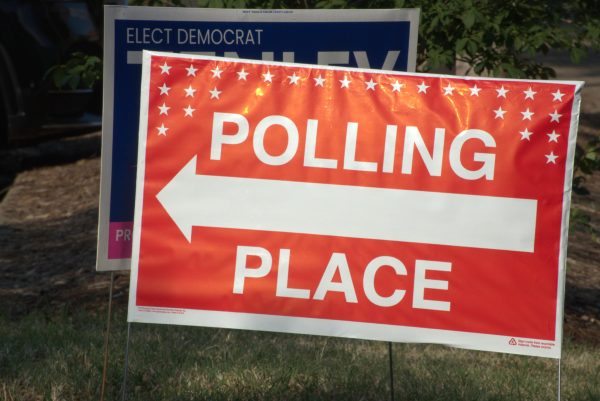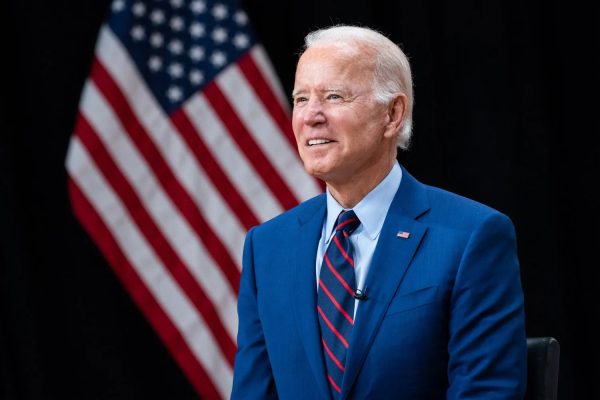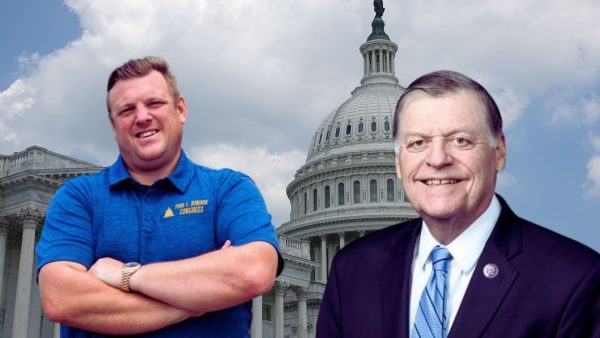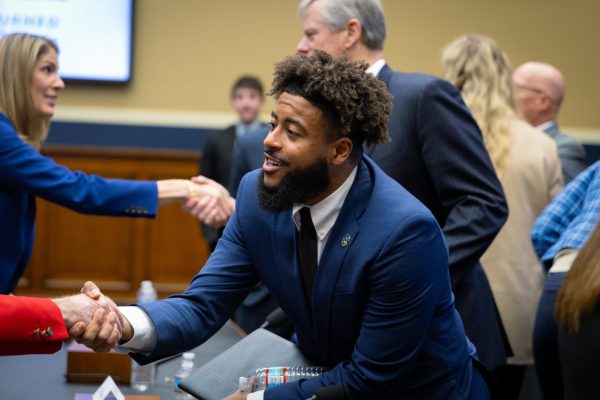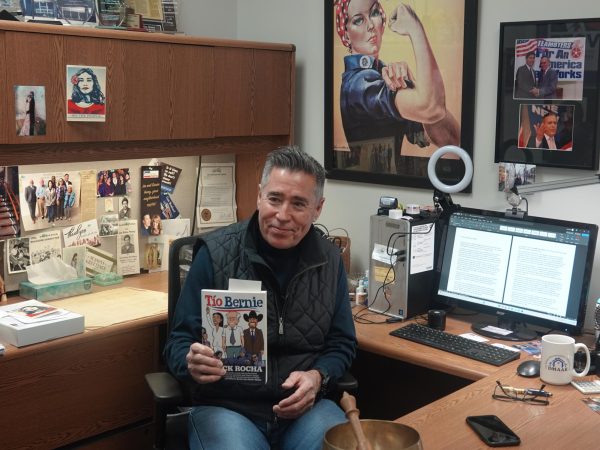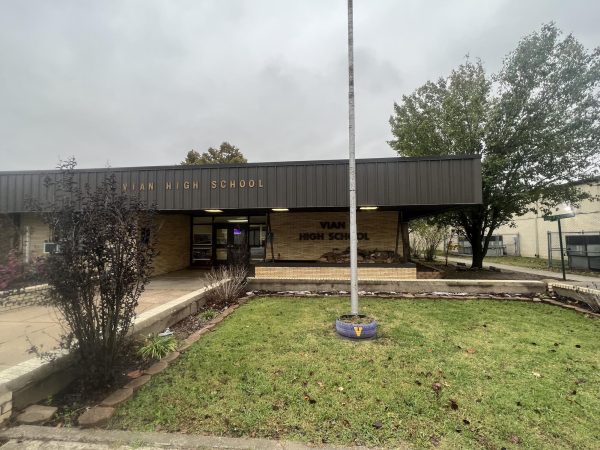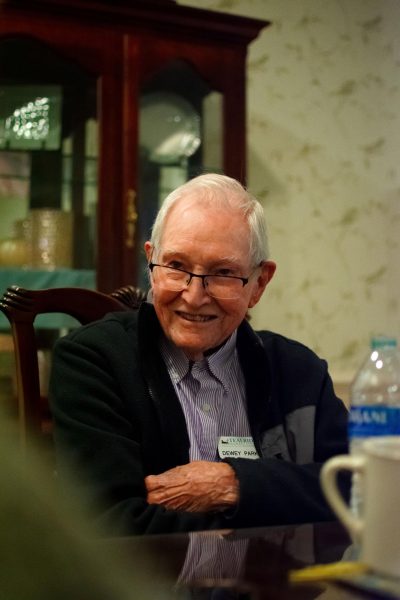Former FEMA director reflects on 9/11 as 20th anniversary approaches
The Federal Emergency Response Agency is part of the United States Department of Homeland Security. (Gaylord News/ Zaria Oates)
On Sept. 10, 2001, Oklahoman Joe Allbaugh was attending the National Emergency Managers Association’s conference in Bozeman, Montana.
As director of the Federal Emergency Management Agency (FEMA) under George W. Bush, Allbaugh delivered a speech on terrorism attacks and how it wasn’t an “if” situation, but “when.”
The next morning of Sept. 11, he saw an image on a nearby TV of the second tower of the World Trade Center in New York struck. He thought it was a movie and asked someone for the title.
“And the fellow said, ‘this is a videotape of a plane hitting the World Trade Center.’” Allbaugh said. “I said, ‘You’ve got to be kidding me.’ I wheeled around, went back to my room, started making phone calls.”
By the time Allbaugh arrived at the Bozeman airport, all flights across the country had been grounded. He called his boss — the president of the United States — and within hours another plane had landed in Montana to take Allbaugh and his staff back to Washington, DC.
In the coming days, few Americans were more involved in the federal response to the terrorist attacks.
While Allbaugh said he doesn’t like to reflect on how that day could have gone differently, he still finds it odd how someone from the small town of Blackwell, Oklahoma, was in his position at FEMA on 9/11.
He’d never thought he’d have such life changing experiences.
“I can close my eyes sometimes and I can still smell … this is going to sound horrible, but the taste and the smell of burning flesh,” Allbaugh said.
After seeing the last 20 days with the terrorism in Kabul, the messy pullout of American troops and a Taliban takeover of Afghanistan, Allbaugh said he struggles with the possibility of another terrorist attack happening in America.
“I don’t sleep well, and I sleep less after watching the last 20 days or so unfold,” he said. “I know what they want to do.”
The situation becomes more concerning, he said, when you consider how easy it is to access nuclear weapons on the global market. When asked if he thought the potential next attack would be similar in scale to 9/11, his answer was blunt: “anything is possible.”
More after-action reports could help keep attacks like 9/11 from happening again in the U.S., he said. While FEMA doesn’t have the resources, some agencies are better about it than others.
“I don’t think we do enough, particularly at the government level,” Allbaugh said. “And I’m no longer in the government. But we do not do enough after action reports, after action exercises. How could we have done X, Y? While everything is fresh in everybody’s mind.”
Gaylord News is a reporting project of the University of Oklahoma Gaylord College of Journalism and Mass Communication.
Gaylord News reporter Nancy Marie Spears wrote the printed version of this story and Gaylord News reporter Zaria Oates reported the broadcast version.
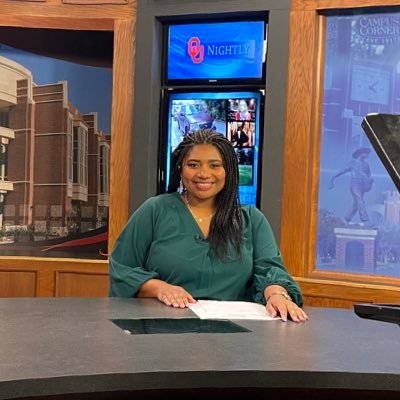
[email protected]
https://twitter.com/ZARIAOATESTV
https://www.linkedin.com/in/zaria-oates-864241178

